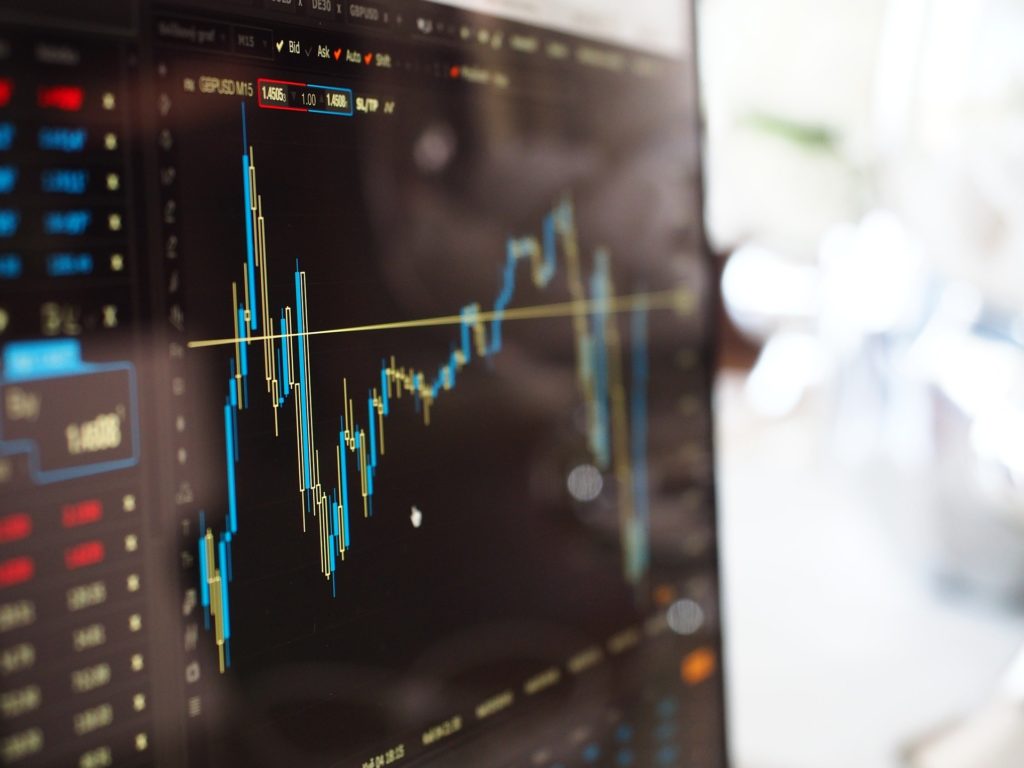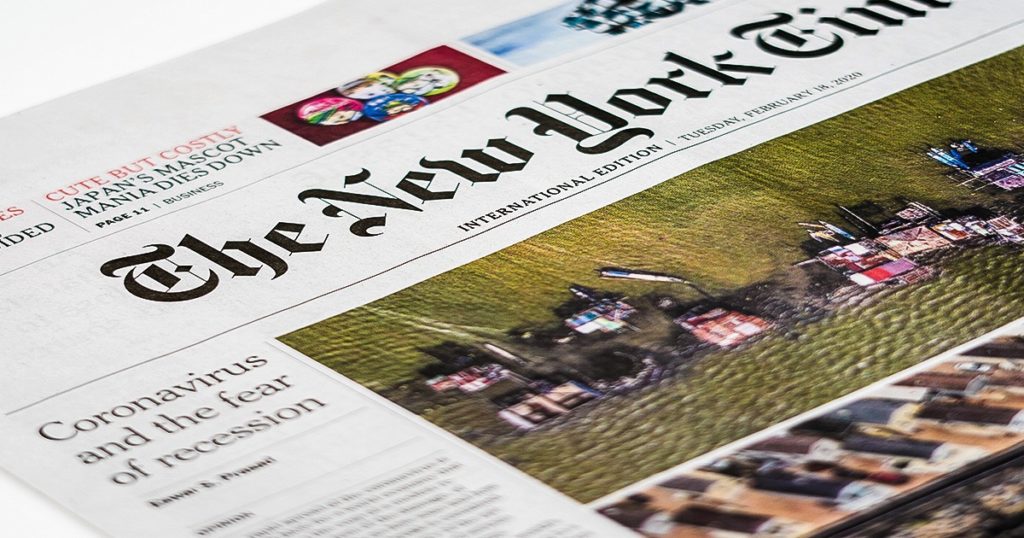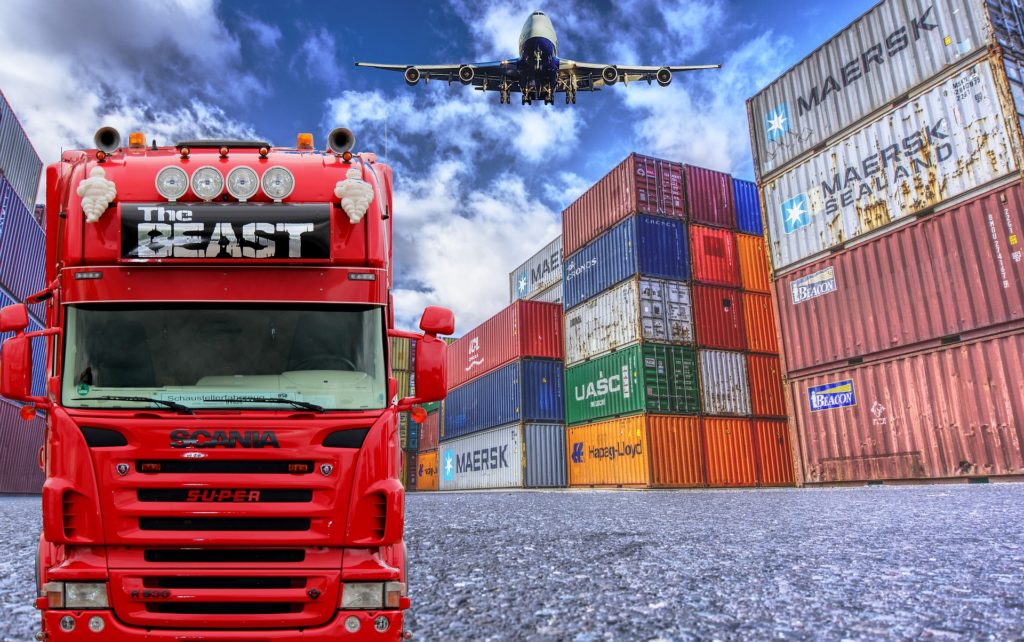
Originated at a seafood market in Wuhan (China) in December last year, the coronavirus infection has so far spread to more than 100 countries, infected about 2, 858,635 (approx) people and claimed at least (approx) 196,295 lives. Source: WHO
This global pandemic has left businesses and economies around the globe grieving.
Here is a brief piece to help you understand the impact of Coronavirus on business.
Table of Contents
- 1 Global Shares Take A Massive Hit
- 2 Tourism & Hospitality Industry Among The Hardest Hit
- 3 Oil Prices Crash- The Lowest Seen In 18 Years
- 4 Risk Of Recession
- 5 Supply Chain Disruption
- 6 Manufacturing Activities Slowing Down, Globally
- 7 B2B Marketing in the Time of COVID-19
- 8 Work From Home- A Smart Adoption

COVID-19 pandemic is estimated to cost the world economy a staggering $1Tn given the current impact.
Big shifts in the stock markets, where shares in companies are bought and sold, can influence many investments in pensions or individual savings accounts (ISAs).
The FTSE, Dow Jones Industrial Average and the Nikkei have all witnessed tremendous declines since the outbreak began on 31 December.
The Dow and the FTSE recently spotted their biggest one-day declines since 1987.
Investors dread the spread of the coronavirus will slaughter economic growth and that government measures may not be sufficient to stop the deterioration.
In response, central banks in numerous countries, including the UK have lowered interest rates. The move is anticipated to boost the economy by encouraging spending among consumers.
Tourism & Hospitality Industry Among The Hardest Hit

The tourism & the hospitality industry have taken the worst hit. With airlines or means of transport
rendered semi or fully inoperational, customers cancelling business trips and holidays, hotels shut, has brutally damaged the travel industry.
Business travel sector to lose $820 billion in revenue on coronavirus hit, industry group says.
Governments around the world have imposed travel restrictions to try to contain the virus.
The European Union has banned travellers from outside the bloc for 30 days in an unprecedented move to seal its borders because of the coronavirus crisis in March.
Countries such as Australia, Russia, Italy, India and more have declared lockdown until the pandemic curve flattens.
Must Read: Tips For Small Growth Business Strategies
Oil Prices Crash- The Lowest Seen In 18 Years

Demand for oil has evaporated as lockdowns across the world have kept people inside.
The crude oil price had already been affected by a row between Opec, the group of oil producers, and Russia. COVID-19 has lowered the price down further.
Brent crude is the benchmark used by Europe and the rest of the world. Its price plunged below $20, to the lowest level seen in 18 years.
Risk Of Recession

A blooming economy implies more wealth and more jobs.
It’s measured by calculating the percentage change in the gross domestic product (GDP), or the value of goods and services produced, typically over three months or a year.
But the International Monetary Fund (IMF) asserts that the global economy will shrink by 3% this year, calling this decline as the worst since the Great Depression of the 1930s.
Although it said that the COVID-19 has plunged the world into a “crisis like no other“, the experts anticipate global growth to accelerate to 5.8% next year if the pandemic vanishes in the second half of 2020.
Supply Chain Disruption

Supply chain disruption has hit nearly every sector with stock markets on the slide since February 2020.
According to an article published by Deloitte, the pandemic has already exposed the vulnerabilities of many organizations, especially those who have a high dependence on China to fulfil their need for raw materials or finished products.
Companies whose supply chain is reliant on Tier 1 (direct) or Tier 2 (secondary) suppliers in China are likely to experience significant disruption, even if, according to the most optimistic reports, conditions approach normalcy in China by April.
Manufacturing Activities Slowing Down, Globally

China constitutes a third of manufacturing globally and is the world’s largest exporter of goods. The COVID-19 has impacted multinational companies in several sectors including aviation, automobile, electronics, consumer and luxury goods. Shops and car dealerships have all allegedly reported a fall in demand.
These are just handpicked examples of Coronavirus’s impact on prominent industries. COVID-19 continues to affect businesses of all sizes, everywhere.
B2B Marketing in the Time of COVID-19

The COVID-19’s impact on businesses and the economy is apparent. B2B markets and telemarketing has also collapsed by great numbers in these unprecedented times.
B2B marketing spends on digital channels and other alternatives are the best option for now and also trending.
Email Marketing is sure to win over telemarketing.
Let’s explore how businesses are coping amidst all this minimising suffering to their business goals.
Work From Home- A Smart Adoption

With tens of millions of workers now in quarantine adhering to lockdown guidelines, Work From Home (WFH) has been widely popularised and accepted.
WFH heralds a more efficient, productive and cost–effective way of working. It’s win-win for both the employees and the companies.
Video calling apps such as Google Duo, Hangouts, and Hike witnessed an increase in usage amid lockdown.
We’d love to hear your thoughts on Work From Home. Love it? Dislike it? Share with us.
Must Read: Tips To Design Your Business Growth Plan

Google Analytics Certified, Having 3 Years of experience in Digital Marketing. Skilled in Search Engine Optimisation (SEO), Search Engine Marketing, Content Marketing, Social Media Marketing (SMM), with a proficiency in Microsoft Office, WordPress and marketing automation tools.


